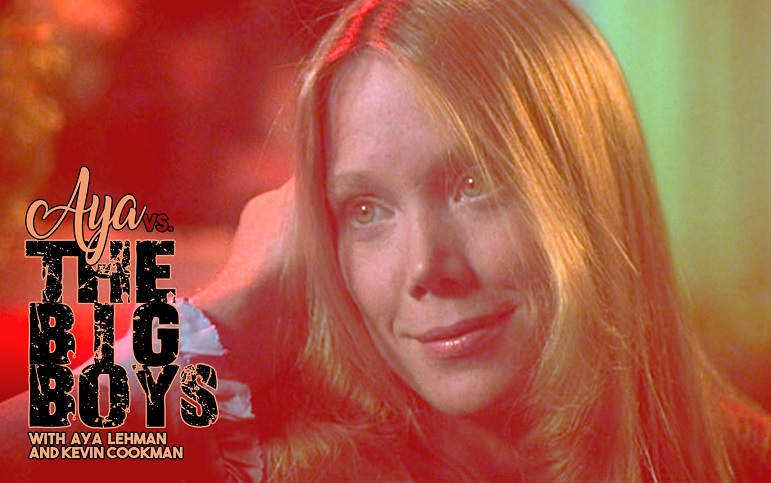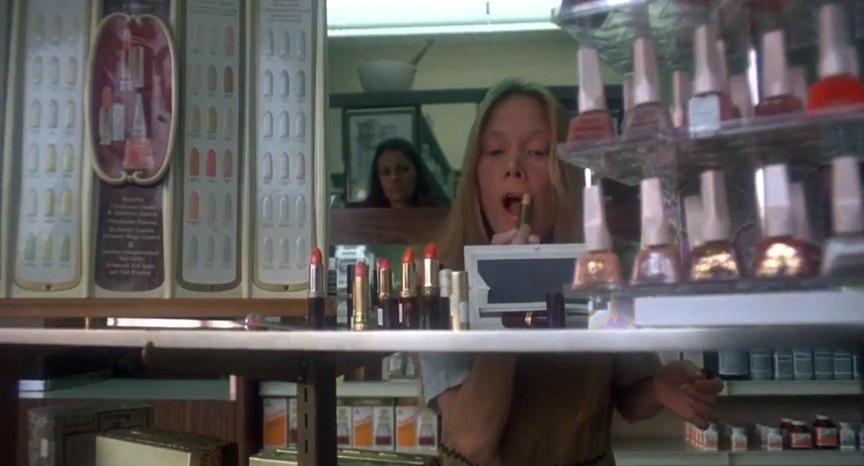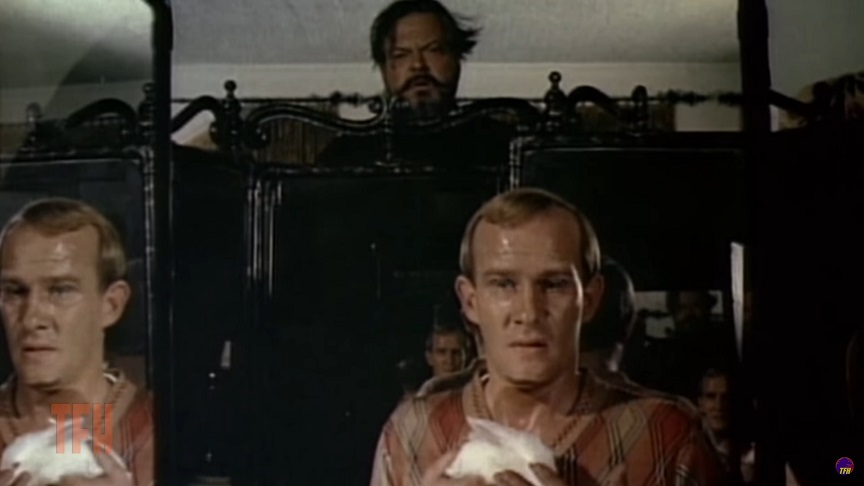VIA ZOMBO'S CLOSET
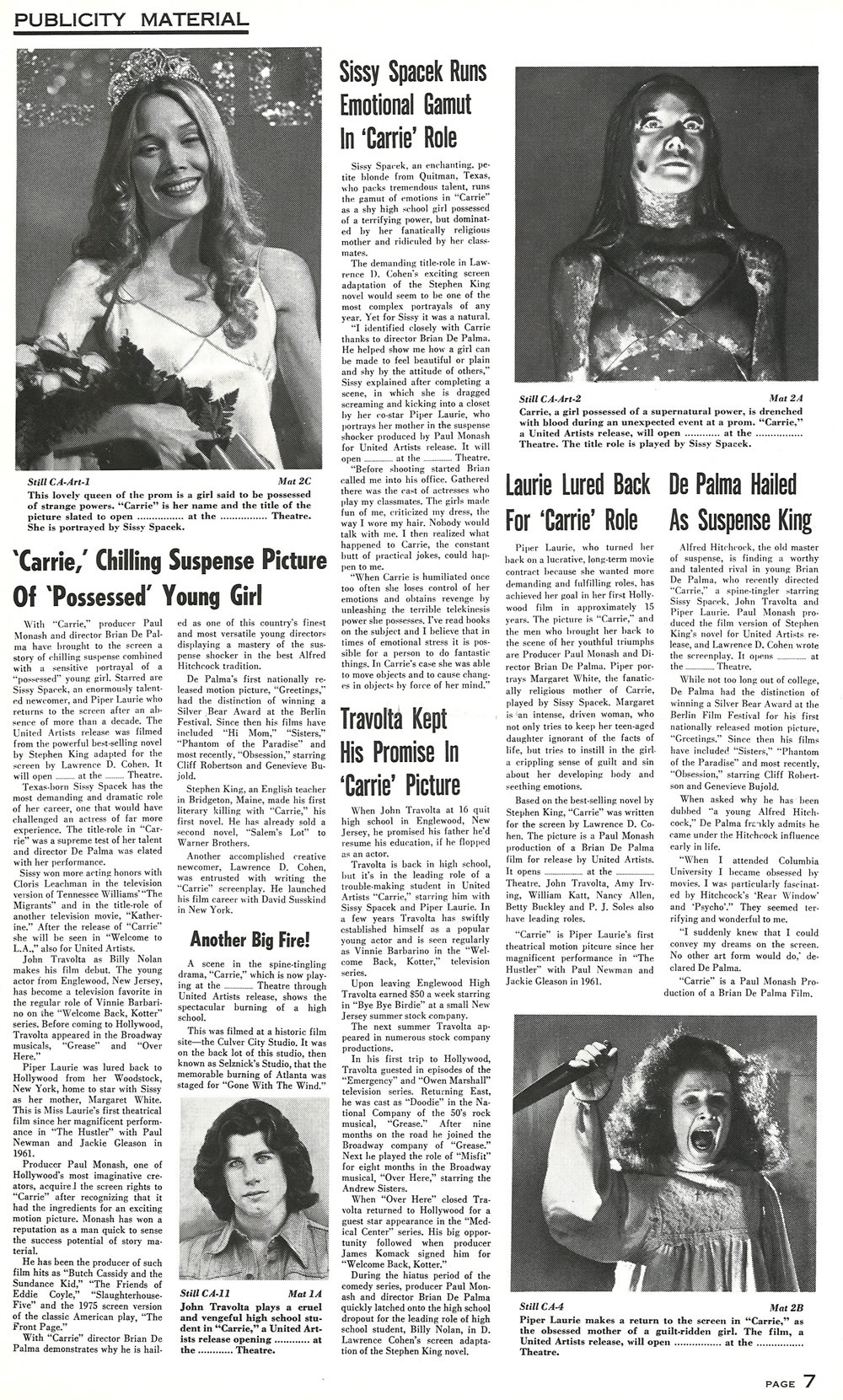
 Hello and welcome to the unofficial Brian De Palma website. Here is the latest news: |
|---|
E-mail
Geoffsongs@aol.com
-------------
Recent Headlines
a la Mod:
Listen to
Donaggio's full score
for Domino online
De Palma/Lehman
rapport at work
in Snakes
De Palma/Lehman
next novel is Terry
De Palma developing
Catch And Kill,
"a horror movie
based on real things
that have happened
in the news"
Supercut video
of De Palma's films
edited by Carl Rodrigue
Washington Post
review of Keesey book
-------------
Exclusive Passion
Interviews:
Brian De Palma
Karoline Herfurth
Leila Rozario
------------
------------
| « | October 2021 | » | ||||
| S | M | T | W | T | F | S |
| 1 | 2 | |||||
| 3 | 4 | 5 | 6 | 7 | 8 | 9 |
| 10 | 11 | 12 | 13 | 14 | 15 | 16 |
| 17 | 18 | 19 | 20 | 21 | 22 | 23 |
| 24 | 25 | 26 | 27 | 28 | 29 | 30 |
| 31 | ||||||
De Palma interviewed
in Paris 2002
De Palma discusses
The Black Dahlia 2006

Enthusiasms...
Alfred Hitchcock
The Master Of Suspense
Sergio Leone
and the Infield
Fly Rule
The Filmmaker Who
Came In From The Cold
Jim Emerson on
Greetings & Hi, Mom!
Scarface: Make Way
For The Bad Guy
Deborah Shelton
Official Web Site
Welcome to the
Offices of Death Records
TheMovieScores exclusive VIDEO INTERVIEW with the great Italian composer, who tells us his story, his beginnings in classical music, his time in pop-rock, and his foray into film music, with his extensive collaboration with the American director BRIAN DE PALMA in films such as Carrie, Blow Out, Dressed to Kill, Body Double, with JOE DANTE in Piranha and The Howling, and also with directors such as Darío Argento, George A. Romero, Pupi Avati, Lucio Fulci, and Tinto Brass, among much others. A very interesting conversation, in which the Venetian master contributed unpublished data, told curious anecdotes and even allowed himself to joke about certain aspects of his prolific career, with more than 200 soundtracks to his credit. A luxury and a pleasure to have had the opportunity to interview PINO DONAGGIO, one of the last sacred monsters of film music of all time. Thanks, Pino !!!!!!
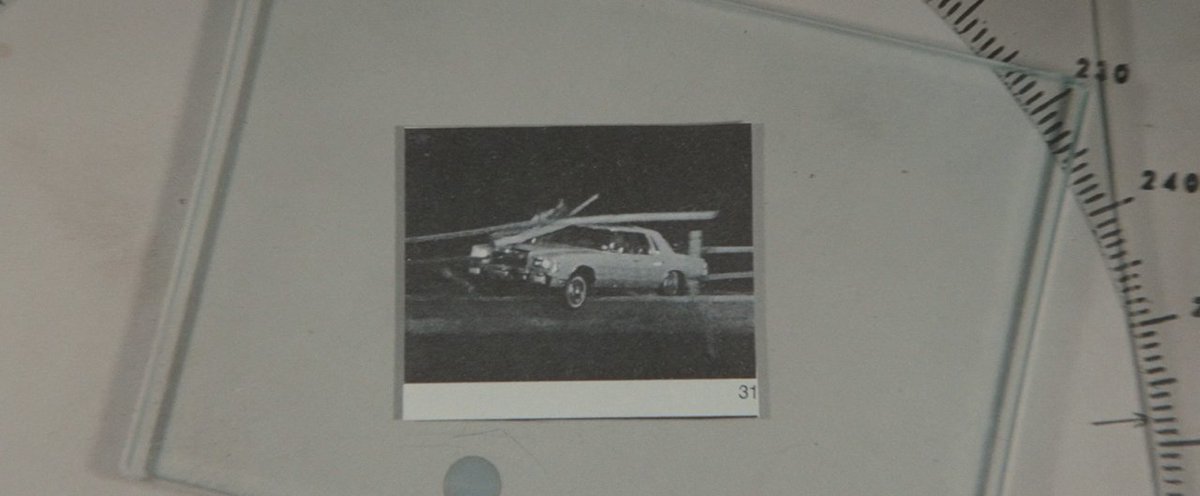
io9: Broadcast Signal Intrusion has some very noir vibes (the score backs this up) but it’s also very much a mystery thriller about discovering something that most people haven’t noticed. How did you strike that balance in tone?Gentry: I’m such a lover of noir in my life, and my previous film was very much in the form of a noir movie with those tropes. But for this one, it was really about ‘70s paranoia thrillers, movies which are a descendant of noir in a lot of ways — like Alan J. Pakula’s paranoia trilogy Klute, The Parallax View, and All the President’s Men, and then the other triptych of Blow Up, The Conversation, and Blow Out. Blow Out is a touchstone movie for me, it’s one of my favourite movies. I’m a [Brian] De Palma super fan. So, of course, all those things start to come together. The score, which a lot of people say sounds noirish, is actually — if you listen to some of the Michael Small music from movies like Marathon Man and Parallax View and Klute, it has very much the DNA of those, which I think pulls from the sort of prime period of film noir, and it’s almost an identifier for the audience. There’s this darkness, there’s mystery, but there’s also kind of like a sleaziness. You want to build paranoia, but you also want to kind of give the idea of loneliness and isolation and those sorts of things. Ben Lovett, the composer, obviously does a lot of that heavy lifting.
io9: I definitely thought of Blow Out during the scene where James and Alice (Kelley Mack) are listening closely to one of the tapes, trying to hear the hidden sounds.
Gentry: Yeah, there’s definitely some — I call it “process porn,” and it’s something I love. You know, whether it’s something like John Travolta forensically analysing his sound tapes to discover a conspiracy, or James Caan [in Thief] with the intricate Michael Mann shot process of breaking into a safe. I love watching that if it’s done well and it’s always fun to try to make compelling.
io9: The ending, without giving too much away, dips into a very surreal place, kind of capping off the movie’s slow descent into a world that doesn’t quite feel real. What do you want audiences to take away from that last scene?
Gentry: I think the ultimate reaction, the sort of hope or dream, would be a really good parking lot conversation, or whatever [the equivalent of that would be] if you were to watch it at home and discuss it online. Some of my best moviegoing experiences are when you have a really good discussion about it afterwards and it sticks with you. Even if you don’t like it at first, there’s perhaps things you can discover about it. Some of my favourite movies or movies are ones that I was a little bit conflicted on. We took a lot of inspiration from Zodiac, a movie I was kind of unsure about when I first saw it, or even more recently, something like Under the Silver Lake. My wife and I were coming out of that and it was like, “I don’t think I like that movie,” and then we proceeded to talk about it the entire ride home. You know what I mean?
So that’s really the goal — hopefully it will be compelling and exciting and thrilling and unsettling. But also, if you so choose, there’s interesting things that can be discussed. Some of the most interesting conversations about this movie I’ve heard are when there’s someone who was like, “I hated the end of that movie,” and another person who wanted to defend it. And I couldn’t ask for anything better than that.
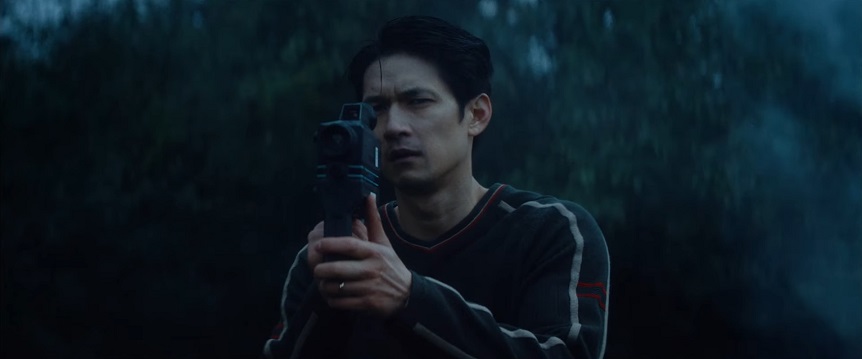
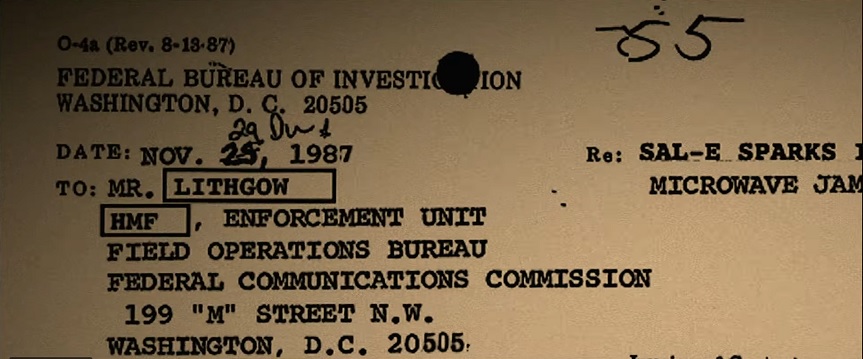
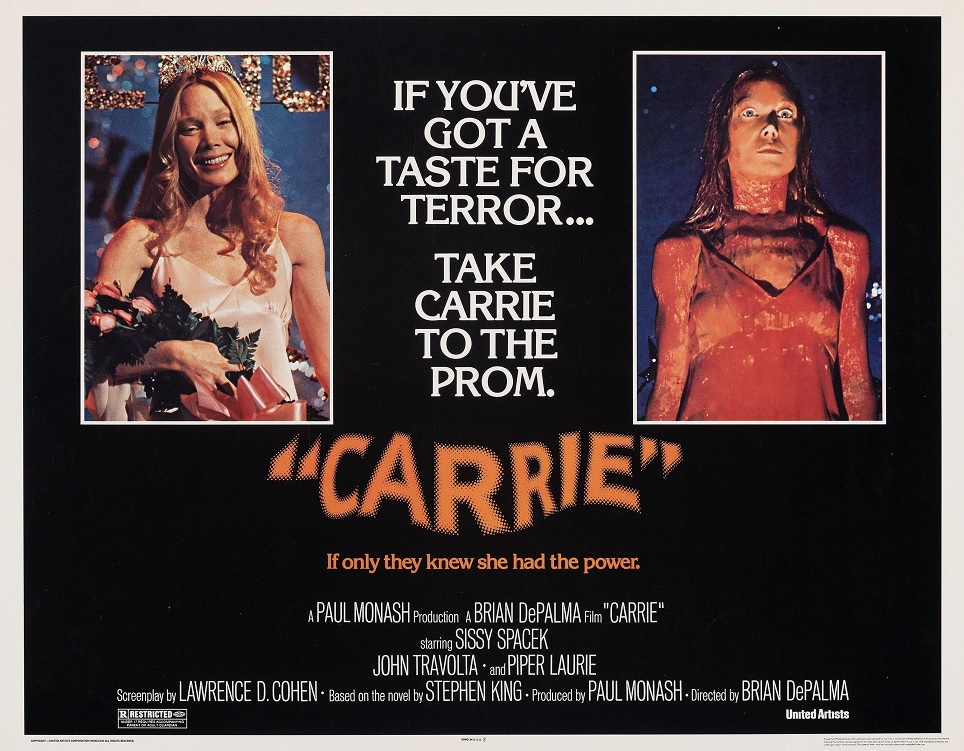
On your way up, what movie or series did you watch that was so good, it made you question whether you could ever rise to that level?Stephen King: Probably later on, it would have been a film like Duel, where you saw that and you said, I can't do this yet. Okay. That was the Spielberg film where Dennis Weaver was being chased by a psychotic truck driver. You never see the driver at all. There's a little bit of that feeling of Duel in a novel I wrote called Cujo, where I wrote the book, and I said to myself, "This is good, but you're going to make it better. You're going to make it something like Duel, where you don't necessarily have to have a lot of backstory or a lot of motivation. You just want to make it like a brick that hits people in the head." And that's the way that film was. Stripped to the bone.
Whether it was your own work, or approval from someone who mattered to you, what first gave you the confidence that you belonged?
Stephen King:I'm not a movie maker, per se, and that's taken a lot of the pressure off me. You know, Ernest Hemingway once said, the best thing that a writer can hope for is that a studio pays a lot of money for something you wrote, and then never makes the movie. And I never felt that way because I've always felt like you see interesting filmmakers - like when Paul Monash optioned Carrie, and he said he knew a director who had done a number of small films named Brian De Palma. I knew Brian De Palma's work from Sisters, and I thought, "This is the perfect guy for this film." I mean, I've got a film background. I love movies, and I watch a lot to this day. I don't think they make the same sort of impression on anybody that they did when they were young, when they were kids. You never get the kind of scare that you get in Psycho, when the shower curtain goes back and that knife starts to plunge back-and-forth. That never happens again. But you see a lot of filmmakers that you say to yourself, "This is interesting." And then sometimes, somebody will come along who is not part of the film community that you know about. Like Frank Darabont. And you say to yourself, "I want to see what happens." It's curiosity. It's pure curiosity. But as far as making films myself, I've written for film, and that's been an education. And it's an earn-while-you-learn deal. So, little by little I've learned about that end of it. And it's a different job, but I used to look on screen work as work for people who weren't really talented. And when I was able to change my mind about that, I was able to do better work.
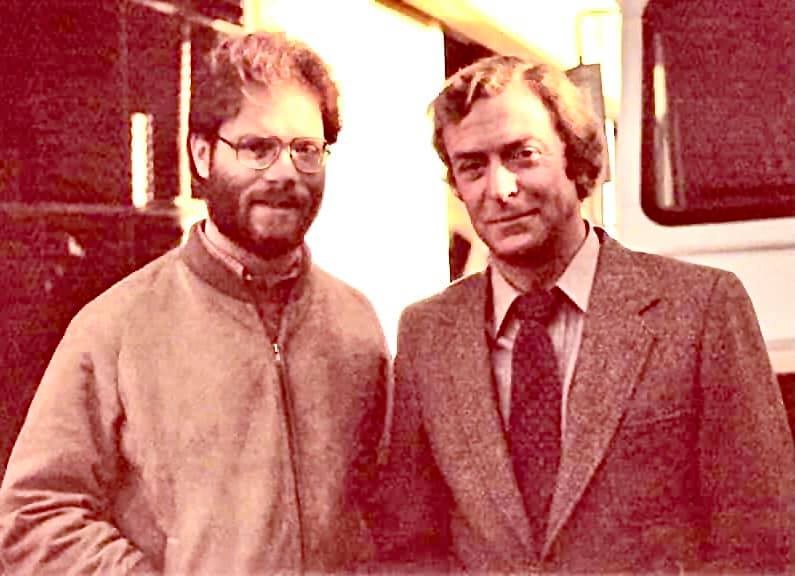
Happy Retirement from Acting to 88-year-old Michael Caine (though I don’t believe a word of it — like Cher’s multiple retirements 😝😘). I had the honor and pleasure of working with Michael in 1979 on DRESSED TO KILL (I was Brian De Palma’s assistant). Here we are at base camp outside Michael’s trailer. When he appeared on the set for the first time in full drag as “Bobbie,” he broke the ice by saying, “I always knew I’d eventually get around to playing me mum.” Total gentleman. Consummate professional. Witty. Pure delight. We all adored him. Good luck to Michael on his new chapter as a bestselling author!
The Light The Fuse page for the first part of the interview includes the photo below of Chris Soldo (on the right), in front of a board of shots for the tunnel sequence for Mission: Impossible. The photo description mentions that "they added red gels over the shots they completed." This board is mentioned in the episode.

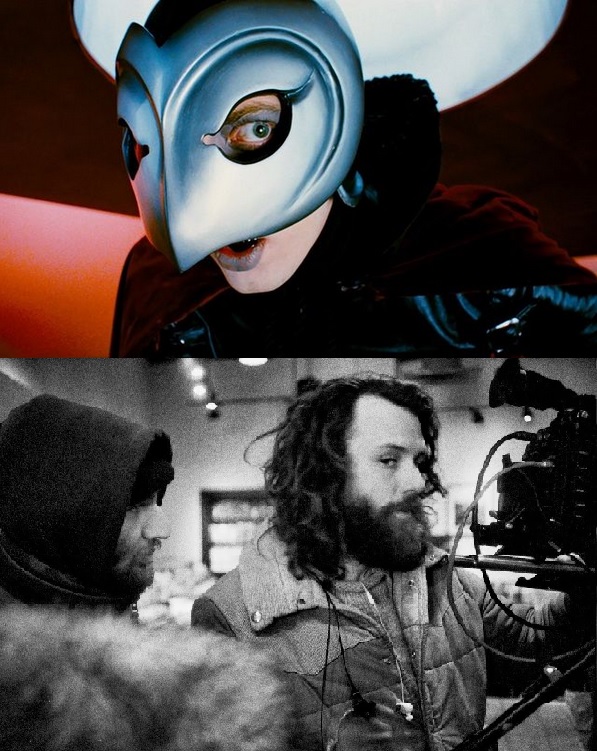
Sean Price Williams Hosts A Screening of Phantom Of The Paradise in 35MMSean Price Williams is one of our favorite working cinematographers today, he is known for shooting movies for The Safdie Brothers, Alex Ross Perry, and Michael Almereyda, but he boasts an impressive list of over 102 credits. Sean also worked as an archivist and cameraman for the Maysles brothers for over a decade. You may have also caught him selling DVD’s at Kims Video in the east village in the early 2000’s. Sean is known for his unique vision and lushness that he brings to film. He is the favorite among many, but the other alluring part of him is his deep love and wealth of knowledge for cinema. He watches more movies than anyone else we know and has impeccable taste. So it naturally only made sense that we would want him to host a series of films he loves. The first one is this Thursday 10/21 at 7 PM. We scored a 35mm print of the Brian De Palma film Phantom Of The Paradise, on his recommendation of course. You can get tickets here
Following the screening will be a Q&A with Sean Price Williams.
